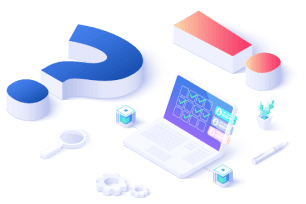
FXCE LLC is a financial service company in Saint Vincent and the Grenadines under the Business Corporations Act, with registration number 357 LLC 2020.
Risk Warning:
Trading leveraged financial instruments such as foreign exchange, commodities, indices, and other products is risky. You may lose part or all of your initial investment. This may not be suitable for many investors. Please ensure that you fully understand the risks and consider your investment objectives, level of experience, and preferences. You should carefully manage your risks and seek independent advice if necessary. It is important that you carefully read our Client Agreement and Privacy Policy before deciding to use any of our products.
Risk Warning:
Trading leveraged financial instruments such as foreign exchange, commodities, indices, and other products is risky. You may lose part or all of your initial investment. This may not be suitable for many investors. Please ensure that you fully understand the risks and consider your investment objectives, level of experience, and preferences. You should carefully manage your risks and seek independent advice if necessary. It is important that you carefully read our Client Agreement and Privacy Policy before deciding to use any of our products.
Disclaimer
Before deciding to participate in the Forex market, you should carefully consider your investment objectives, level of experience and risk appetite. Most importantly, do not invest money you cannot afford to lose.
There is considerable exposure to risk in any off-exchange foreign exchange transaction, including, but not limited to, leverage, creditworthiness, limited regulatory protection and market volatility that may substantially affect the price, or liquidity of a currency or currency pair.
There are risks associated with utilizing an Internet-based trading system including, but not limited to, the failure of hardware, software, and Internet connection. Any opinions, news, research, analyses, prices, or other information contained on this website are provided as general market commentary, and do not constitute investment advice. FXCE is not liable for any loss or damage, including without limitation, any loss of profit, which may arise directly or indirectly from use of or reliance on such information. FXCE has taken reasonable measures to ensure the accuracy of the information on the website. The content on this website is subject to change at any time without notice.
Under no circumstances shall we have any liability to any person or entity for any loss or damage in whole or part caused by, resulting from, or relating to any transactions related to derivative products, direct or indirect, special, consequential or incidental damages whatsoever.
Restricted Regions: FXCE does not provide services for the residents of certain countries, such as the United States of America, Canada, Japan, Indonesia, Turkey, Israel, and the Islamic Republic of Iran.
See more
FXCE Limited Liability Company is a trusted fintech provider on a global scale. Our core business includes, but is not limited to, social network & trading platform programming, financial service support, and online entertainment purveyance.

